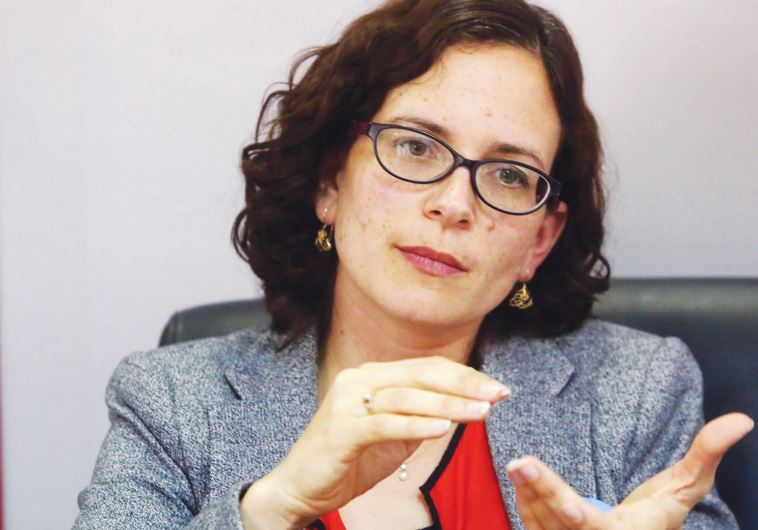Persecution of North African Jews to be highlighted at memorial
“The story that has not been told,” is an initiative of Kulanu MK Rachel Azaria and the Shaharit Institute in Tel Aviv where it is being held.
 (photo credit: MARC ISRAEL SELLEM/THE JERUSALEM POST)
(photo credit: MARC ISRAEL SELLEM/THE JERUSALEM POST)